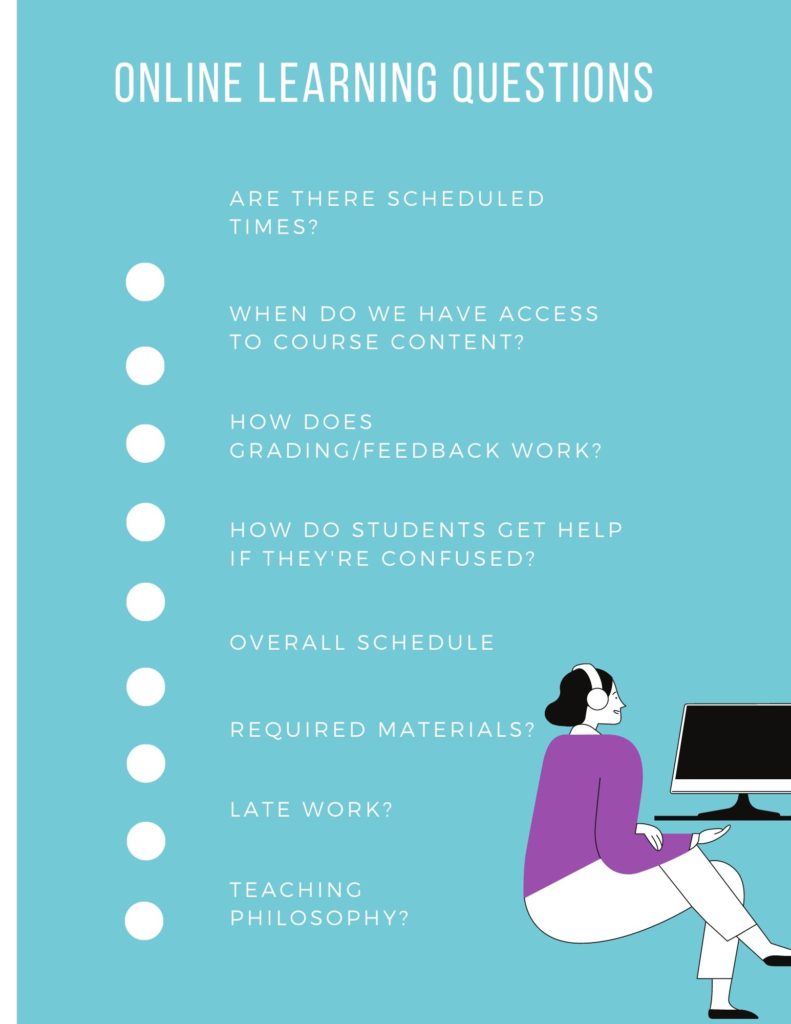Homeschooling: Is online learning for you?

In the wake of COVID and almost everyone experiencing online learning in some form. Parents and schools are working hard to think about what next school year is going to look like. Will it be in person with less students, hybrid, online for a few months, followed by in person for a few months. The one thing that is certain is that no one knows.
There has a lot been a lot of negative conversation about online learning. I understand, teachers, parents, and students were thrown into online learning overnight, that’s why it didn’t go well. Not because it’s always bad or never works. Online learning does not work well for ALL students, neither does the tractional classroom model that we’ve being using.
If you’re thinking about making the decision to homeschool and are exploring online learning, below are benefits that I’ve seen happen over and over again in my 7 years of online teaching. If items on this list are appealing to you, you’ll also want to make sure that you’re selecting a program and/or courses that align, not all programs are the same.
Benefits of online learning
- It allows students access to courses that they wouldn’t otherwise be able to attend.
- It allows students to connect with others, that live in a wide range of communities, helping to provide perspective.
- Students with learning disabilities that may struggle in person, can thrive online.
- Having more time to process and complete assignments.
- Being able to write, type, or speak responses.
- Repeated information as much as you need it.
- Flexible schedule, so that you can learn when it works best for you.
- For hands on classes, the teacher creates demonstrations via video that allows students to have a great view of what is happening and watch as many times as they need to.
As you explore options for the next school year, think about what works best for you and your children, and ask questions, knowing that there are a lot of options.
Here are some questions to get you started.
- Are there scheduled/required class times? Depending on where you’re looking you may also hear the school/teacher refer to it as asynchronous vs synchronous learning. Asynchronous means that students have access to the information and can move through it at their own time. Synchronous means that it’s more structured with clear times when a student has to be online to complete the work.
- When do we have access to the course content? Some will drip the course content as students are to complete it, others will provide all access to content from the beginning allowing you to work ahead if that’s what works best for you.
- How does grading/feedback work? If you’re taking the course for a grade, make sure that you understand how you’ll be graded. Is it through multiple choice tests, essays, projects with rubrics?
- How do you get help if you’re unsure about a lesson, concept of project?
- What is the overall schedule like?
- Are there required materials to purchase for the class?
- What is the late work policy? How does it work if you get sick or are traveling?
- What is the instructors teaching philosophy?
